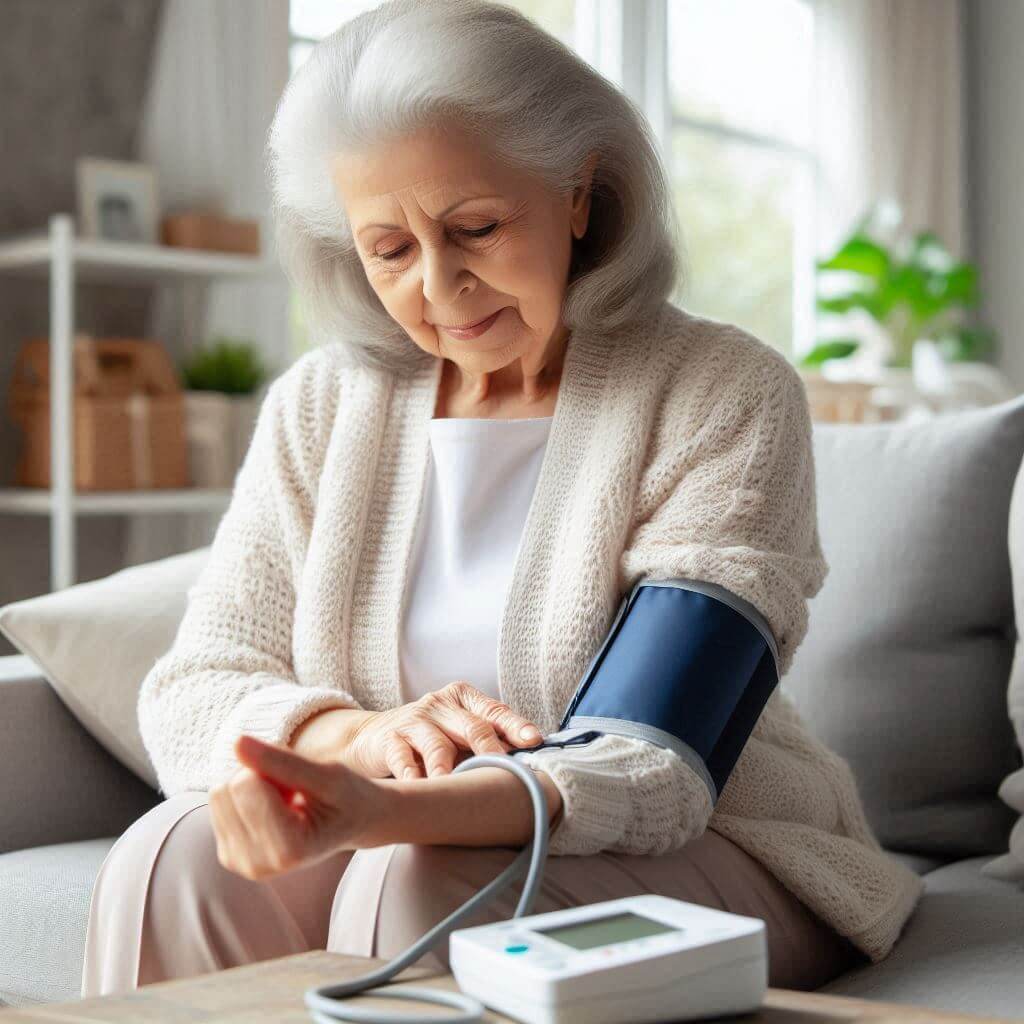What is a caregiver? Quite simply, it's a person who provides support and assistance to someone who has become wholly or partially unable to care for themselves due to illness, disability, or age. Caregiving is one of the cornerstones of a healthy society nowadays. The number of caregivers has grown exponentially in recent years – from 43.5 million in 2015 to 53 million in 2020, according to a joint report by the National Alliance for Caregiving and AARP. With an aging population and rising life expectancy, this number is projected to continue its sharp rise.
Popular media often portrays caregiving as a menial chore, focused solely on changing adult diapers and wiping drool. The reality, however, is something much more intimidating - far more nuanced and multifaceted. It's a complex and deeply personal responsibility encompassing a wide range of duties, impacting both the caregiver and the care recipient profoundly.
A Day in the Life of a Caregiver
What is a caregiver? A caregiver is many things, being responsible for a diverse set of tasks unique to each care recipient's specific needs. Let's take a closer look at the core responsibilities that make up the caregiving experience:
The Daily Grind: Basic Activities of Living
The backbone of caregiving is ensuring the care recipient's basic physical needs are met. This may encompass helping with any of the following tasks that, as able-bodied people, we often take for granted:
· getting out of bed
· getting dressed
· the bathroom routine
· preparing meals
· laundry and cleaning
· medication management
· grocery shopping and other errands.
Minding the Mind: Preventative Emotional Therapy
Losing some or all of one’s independence can sometimes cause serious psychological trauma. Caregivers play a vital role in providing emotional support and companionship to mitigate the potential effects. This can involve simply being present or offering a sympathetic ear when they’re frustrated or lonely.
Some patients may become self-conscious of their situation and be more reserved or even withdraw socially. It’s important for caregivers to give them a voice by advocating for their needs and preferences and their overall mental and physical well-being. This might include speaking for them during doctor's appointments or helping them stay socially connected.
Doctor, Doctor: Guardians of Health
Older adults are susceptible to neglecting or mismanaging their treatment regimens through cognitive decline or impairment of senses or mobility. Caregivers often become an extension of their healthcare support system by monitoring vital signs like blood pressure or temperature, keeping a close eye on health conditions like diabetes or chronic pain, administering medications as prescribed and scheduling and attending doctor appointments.
Pushing Paper: Keeping Things Organized
Caregiving sometimes involves significant paperwork and administrative tasks that run behind the scenes. Managing finances, handling medical bills and insurance claims, scheduling transportation to appointments, and dealing with legal or social service issues are all part of this stressful package.
Getting to Grips with the Unseen Enemy
While undeniably rewarding, caregiving can take a significant physical and emotional toll. Caregivers need to understand and acknowledge these challenges so that they can implement appropriate strategies to mitigate them and protect their own well-being.
Buckling Under the Weight
Depending on the severity of the patient’s physical condition, caregiving tasks may involve a significant amount of lifting, transferring, and assistance with mobility. This physical exertion can lead to back pain, muscle strain, and injuries. Long hours and sleep disruptions due to nighttime assistance also contribute to strain and fatigue, which can lead to more serious chronic health problems.
Burnout Blues: The Emotional Rollercoaster
The stress of managing complex care needs, the constant worry about the patient's well-being, and the feeling of responsibility can lead to feelings of guilt, frustration and helplessness and can adversely affect a caregiver’s mental health. The social isolation that comes with devoting so much time and energy to caregiving can amplify these emotional challenges. Caregiver Burnout is a real. Read this article to learn more about this potentially serious mental health condition.
Counting the Cost of the Juggling Act
Balancing the demands of caregiving with personal relationships often becomes an ongoing struggle. Spending large chunks of time away from family, canceling plans with friends, and feeling isolated due to caregiving responsibilities can lead to feelings of resentment and a sense of sacrificing one's own life for another. Caregivers often also experience a loss of their own identity, feeling solely defined by their role as caregivers.
Fighting Back: Support Systems and Resources
Fortunately, caregiving doesn't have to be a solo journey. There are numerous resources and strategies that can help caregivers cope and ensure the well-being of both themselves and the patient.
Many Hands Make Light Work
Sharing the burden and responsibilities of the caregiving role can go a long way to preventing caregiver burnout. Involve family members or friends to assist with specific tasks, depending on their abilities and personal schedules. This helps spread the load and provides opportunities to take a break or just step back into a supporting role for a while. If necessary, professional home care services can bolster the support structure, even if just for a few hours a week.
Hit the Snooze Button: Call for Relief
Me-time is an essential part of a burnout prevention plan. Respite care provides an opportunity for caregivers to rest and recharge or attend to their personal needs or affairs. It helps to break the cycle of constant stress and physical strain. Caregivers have the option of In-home care, where a carer is assigned to provide the services at the patient’s home. Alternatively, they can arrange for the patient to spend time at a specialized adult day care center, where they can socialize in a safe and caring environment.
Strength in Numbers: Support Groups and Resources:
Support groups provide a safe space to share experiences, receive advice, and find emotional support from people who understand the unique challenges of caregiving. Other resources include government programs that may offer financial assistance or in-home services and community organizations that provide educational workshops and networking opportunities. For more information, visit caregiver support organizations like the Family Caregiver Alliance or the National Alliance for Caregiving.
In Case You Missed It
So, what is a caregiver? If you feel a little shell-shocked from seeing what the role of a caregiver can entail, take heart in the fact that thousands, no, millions, have traveled this road before and come out unscathed. Harnessing the strategies and resources discussed in this article will ease the burden so you can focus on the positive.
At LL Medico, we understand and respect the sacrifices of caregiving, and we salute the profound impact that caregivers have on the dignity and quality of life of their loved ones. We strive to support caregivers by taking away the stress of managing senior care supplies. Our Autoship feature ensures your cabinet is always stocked with what you need, whether adult diapers, diabetic supplies or nutritional supplements.
And finally, as Lao Tzu wisely said, "Kindness in words creates confidence. Kindness in thinking creates profoundness. Kindness in giving creates love." Through your dedication, you become the cornerstone of their well-being, strengthening the bonds that enrich both your lives.






 855-422-4556
855-422-4556 Chat
Chat E-Mail
E-Mail Monday - Friday 9:00AM to 5:00PM EST
Monday - Friday 9:00AM to 5:00PM EST






 Shopping With LL Medico
Shopping With LL Medico



 855-422-4556
855-422-4556